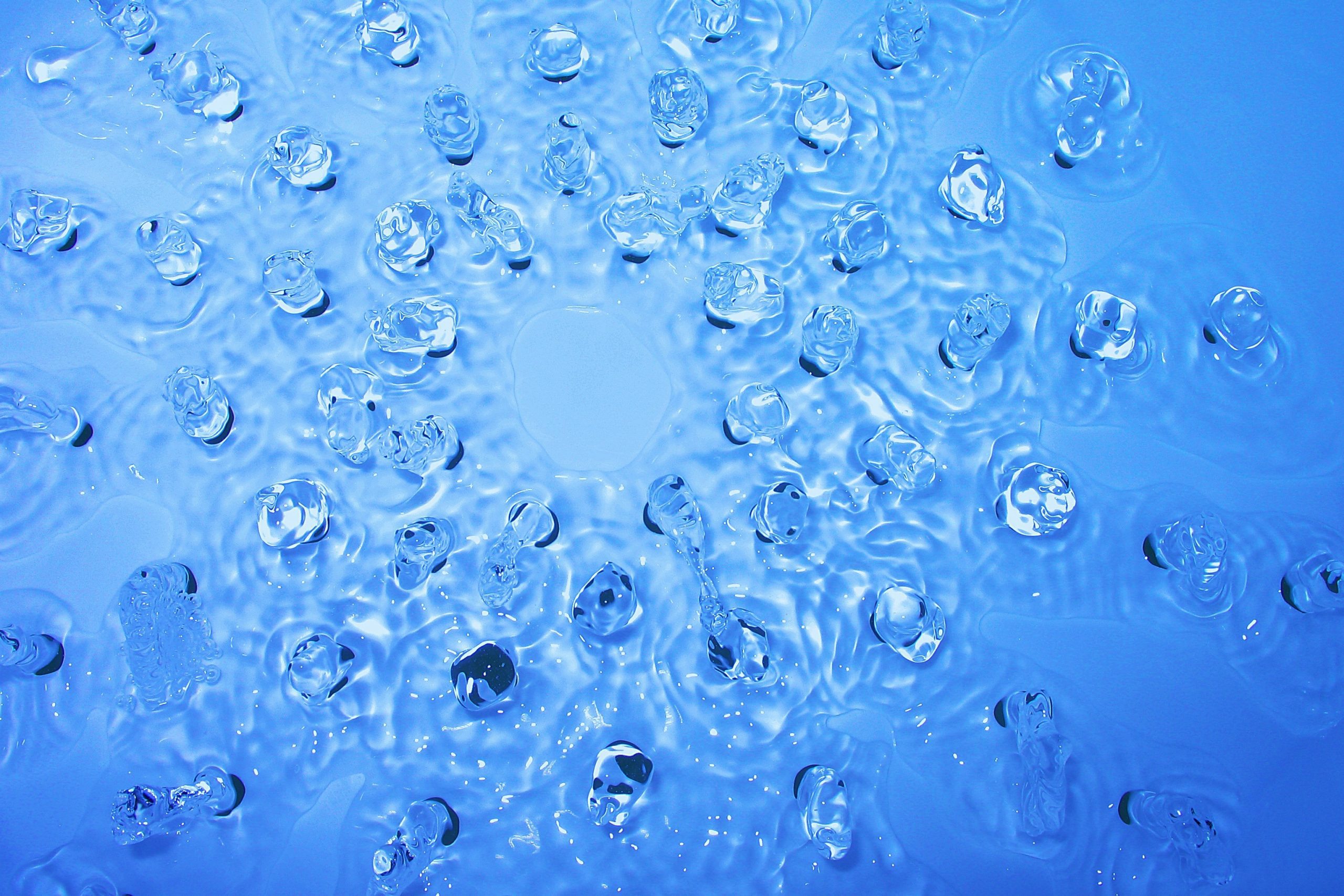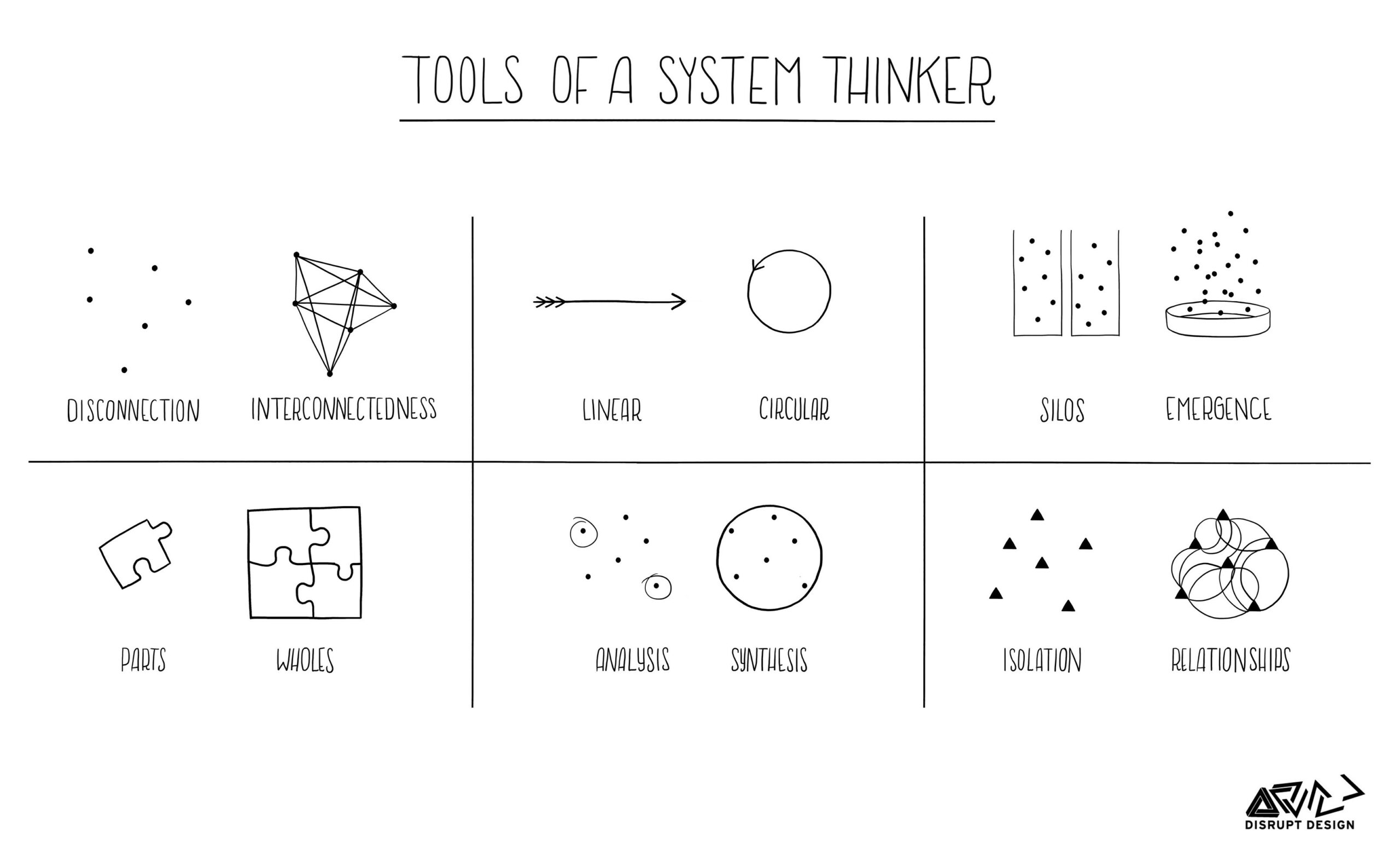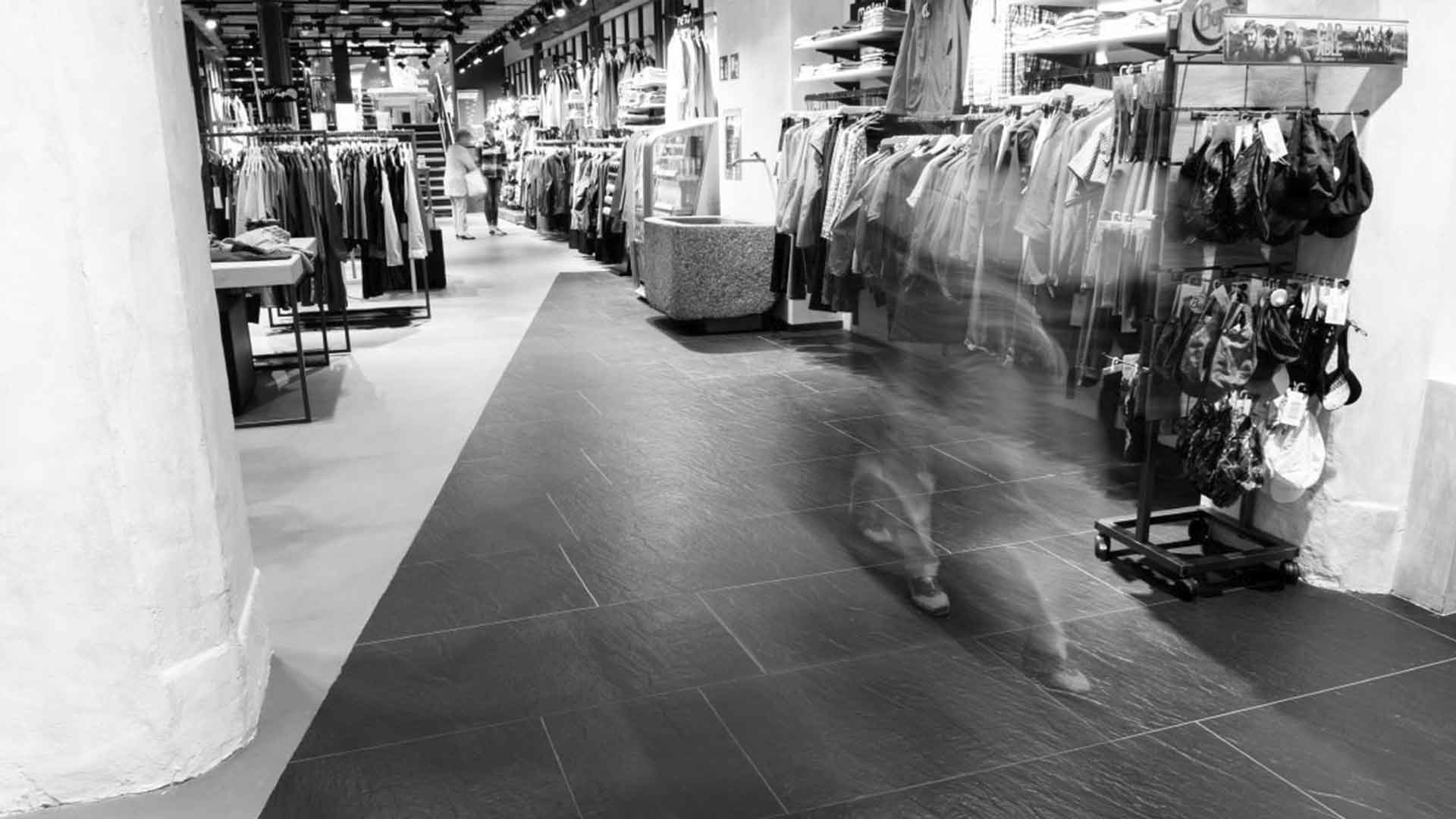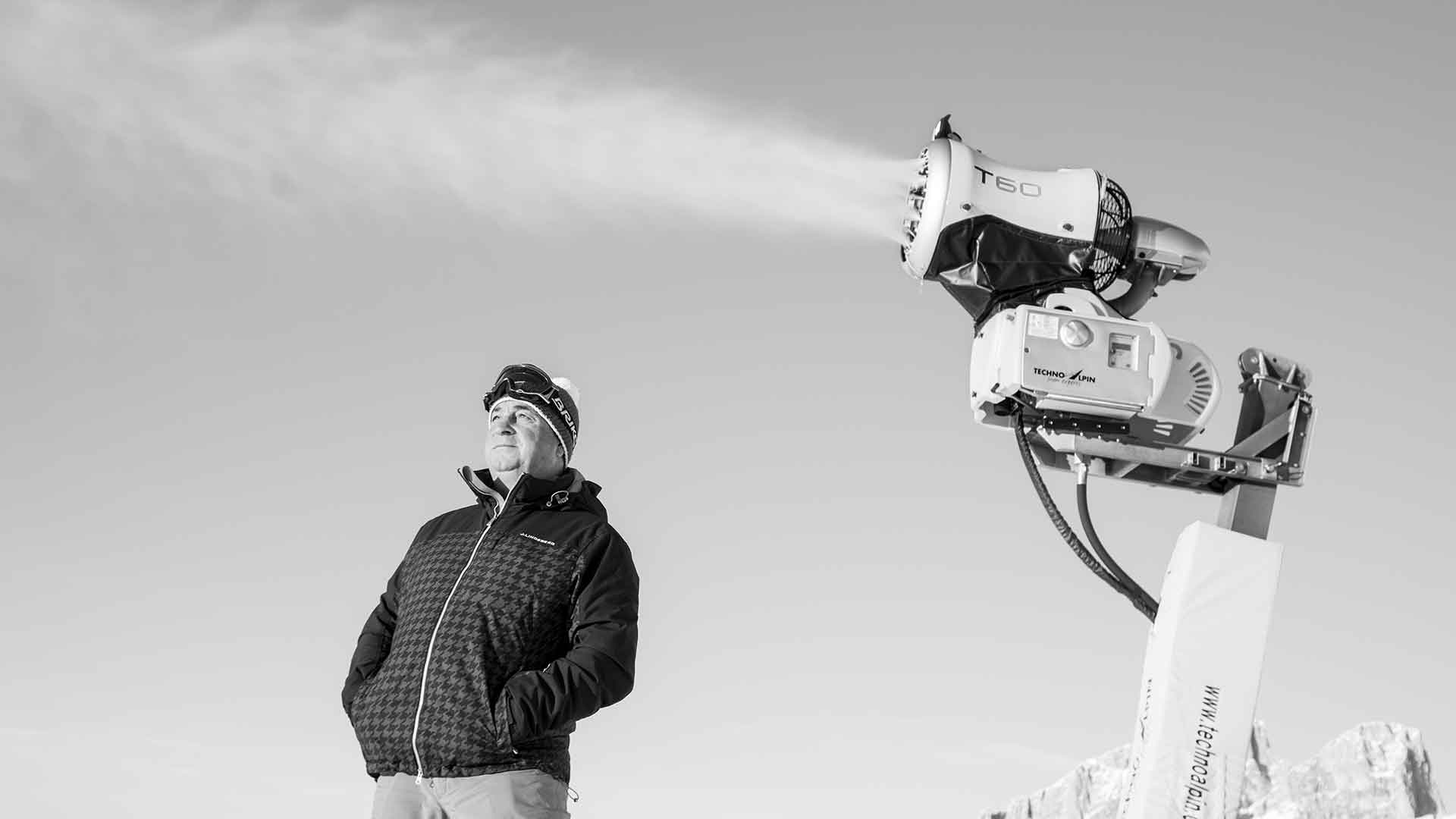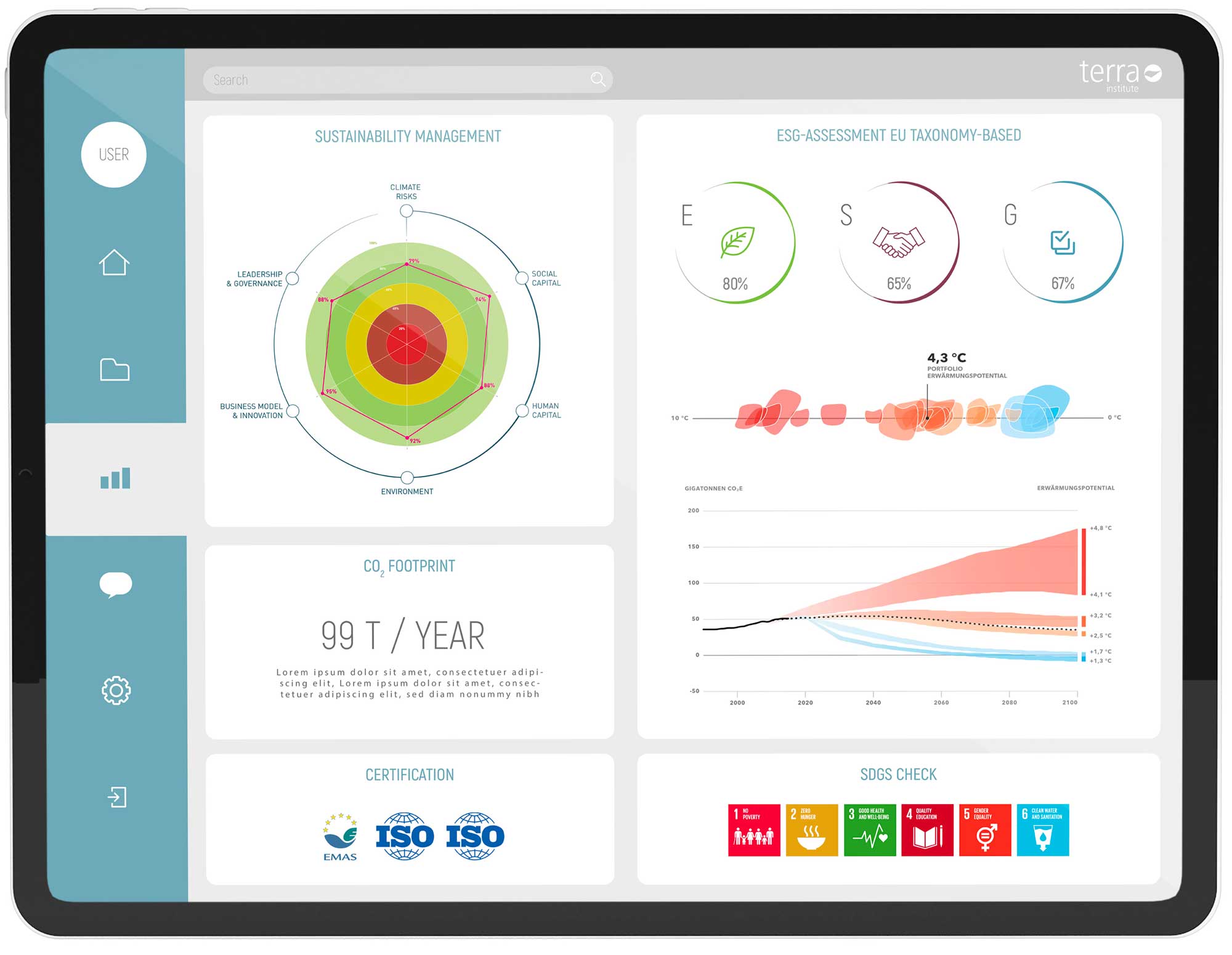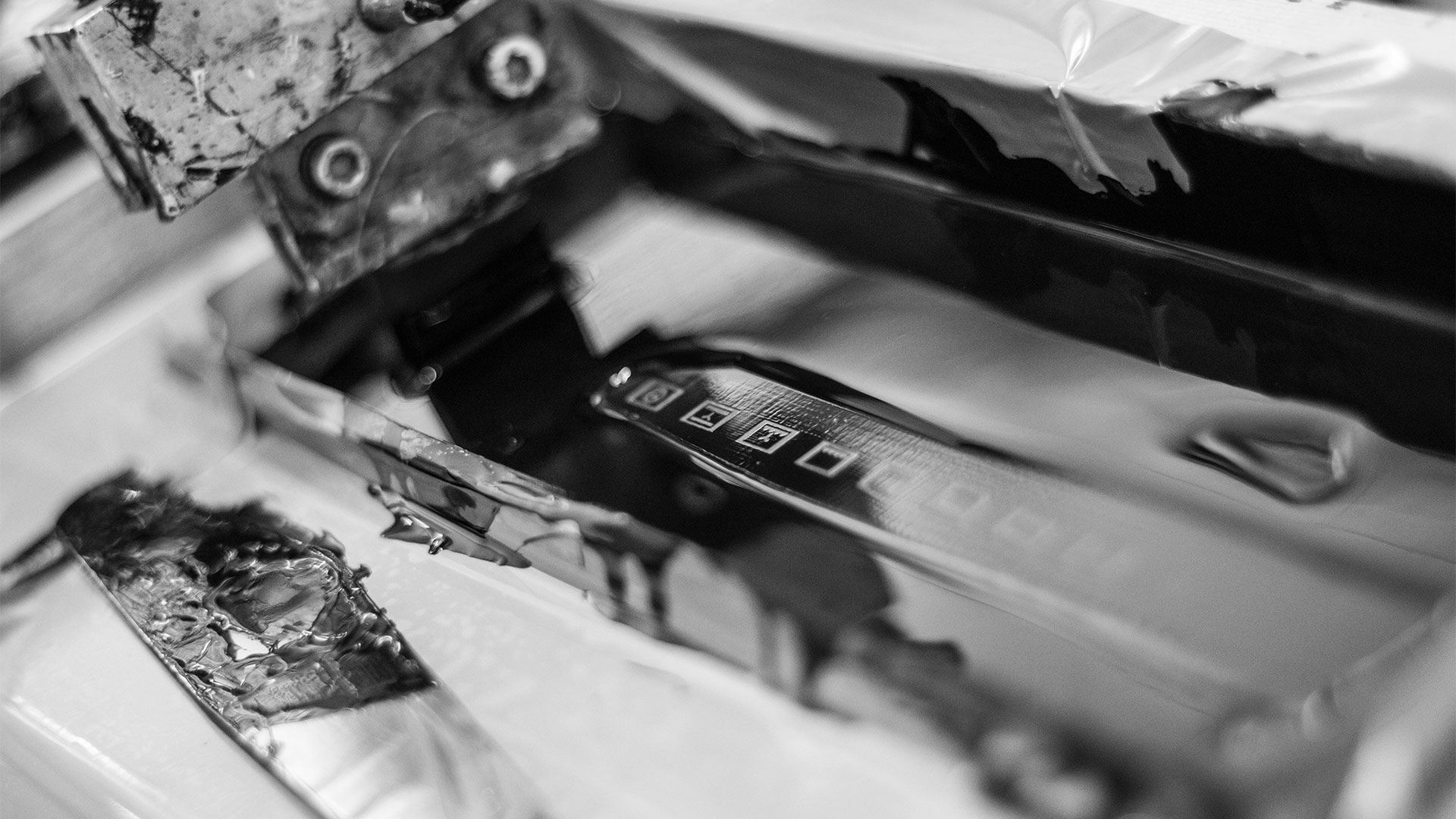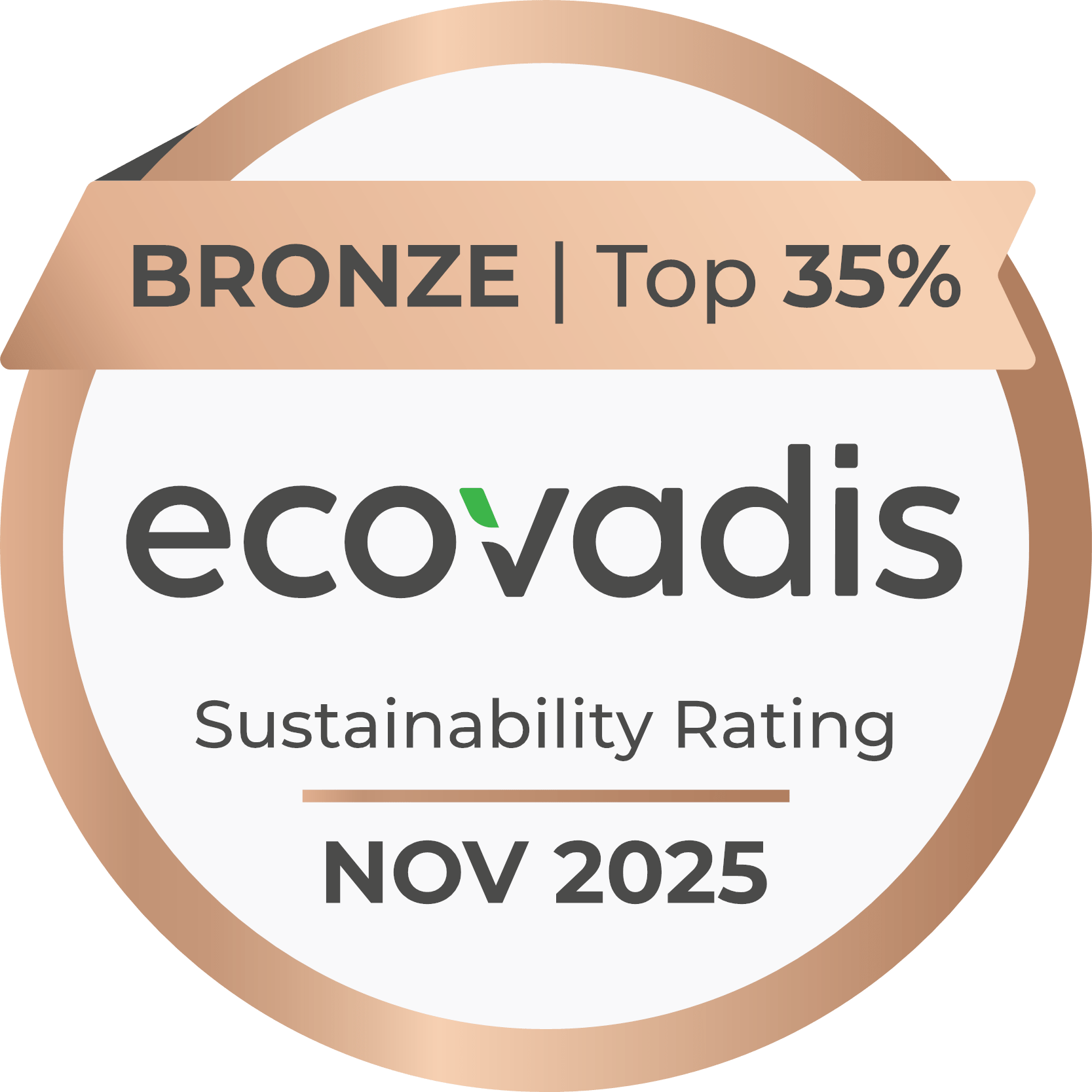GLOBAL PLASTIC POLLUTION IS ONE OF THE MOST PRESSING ENVIRONMENTAL CRISES OF OUR TIME. THE EUROPEAN UNION (EU) AND GERMANY ARE AMONG THE PIONEERS IN THE FIGHT AGAINST PLASTIC WASTE, WHETHER THROUGH NATIONAL GUIDELINES OR BY SUPPORTING A GLOBAL PLASTICS AGREEMENT BY THE UNITED NATIONS (UN). BUT WHAT IS BEHIND THESE MEASURES, AND WHY IS THE PATH TO AN INTERNATIONAL AGREEMENT SO CHALLENGING?
OBJECTIVES OF THE PLANNED UN PLASTICS AGREEMENT 2025
The planned global plastics agreement pursues two main objectives:
1. Reduction of environmental impact from plastics
A key focus is on curbing pollution of oceans and ecosystems, with particular emphasis on combating single-use plastics and microplastics.
2. Promotion of the circular economy
The aim is to make the raw material base of plastics more sustainable, for example by increasing the use of recycled materials. This is intended to gradually replace primary plastics, which are mainly petroleum-based.
POINTS OF CONTENTION AND GLOBAL OBSTACLES
The UN negotiations on a global plastics agreement, most recently in Busan (South Korea), failed due to various conflicts of interest:
- Resistance from oil-producing countries: The potential decline in demand for petroleum-based plastics led to blockades.
- Industrial policy considerations: Especially in countries with a strong chemical and plastics industry, such as Germany, tensions arise between environmental and economic interests. However, Germany was among the strong supporters of the UN directive!
As a result, the planned UN plastics agreement was postponed by one year. Despite these hurdles, the EU remains a key advocate of stricter measures and has already established its own guidelines and will continue to do so.
THE EU AS A PIONEER: MEASURES AND PROGRESS
SINGLE-USE PLASTIC BAN SINCE 2021
Since 2021, the EU has banned certain single-use plastic products such as cutlery, cotton swabs, and straws. These regulations were introduced to stop the proliferation of hard-to-recycle disposable items.
MICROPLASTIC RESTRICTIONS
Since 2023, the use of microplastics in cosmetics and artificial turf made from plastic granulate has been banned in the EU. Further measures are planned and will require technological innovations, for example for tire abrasion, which is a significant source of microplastics.
EXPANSION OF DEPOSIT SYSTEMS AND RECYCLING QUOTAS
The German deposit system serves as a model for the EU-wide introduction of mandatory deposit systems, especially for beverage bottle packaging. In addition, recycling quotas for plastic products are to be increased to replace primary raw materials and make waste streams more sustainable.
SUSTAINABILITY AND LIFE CYCLE ASSESSMENT: WHY DIFFERENTIATION IS ESSENTIAL
Life cycle assessment of plastic products has a long tradition in Germany and the EU. It shows that not every plastic ban is automatically the best solution.
A PRACTICAL EXAMPLE: GLASS VS. PLASTIC
An illustrative example is the comparison between glass bottles and plastic packaging. Due to their high weight, glass bottles have a worse climate balance over long transport distances. Depending on the transport route, plastic packaging—despite being a less sustainable material—could therefore have a better climate footprint. This must be assessed on a case-by-case basis. Such differentiation is essential for making sustainable decisions.
CONCLUSION: ON THE WAY TO A PLASTIC-FREE FUTURE
The EU has demonstrated with its guidelines and measures that progress in the fight against plastic waste is possible. Nevertheless, a global plastics agreement remains the key to containing plastic pollution worldwide. A differentiated approach is required, one that closely examines the ecological and economic impacts of each plastic product. Only in this way can a balance between environmental and industrial interests be achieved.
Contact us without obligation for individual advice [office@terra-institute.eu]!
Author

Dr. Ing. Ivo Mersiowsky is a consultant and coach for sustainability in product management and corporate governance. As an environmental engineer with a specialization in innovation coaching, he has been active in sustainability management for over 25 years, with experience in the chemical industry, a testing company, and various international consulting firms.

